The Hewlett Foundation supported OER meeting this year had two important differences: It combined the Open Educational Resources projects with those who were working on the Deeper Learning strand of the Helwett Education Program; It took place in a high school rather than a university (last year it was at Harvard).
The first point meant that we were talking more about the impact of OER than the mechanics of it while the second put us in the hands of some very capable teachers used to pushing people to think. For me that gave me takeaways that were about the philosophy and methods as much as about the content and challenges that we face. This did make it a bit hard to answer my colleagues questions on my return as to what I had got out of the meeting. So having thought about it I have six points to share, 3 from the way the conference ran, 2 from the shared information at the conference and 1 particular to the experience of talking about our own project.
The meeting:
1. Get a good group of people together and things always go well
These annual events are always interesting and the mix to bring in Deeper Learning meant some fresh aspects on looking at impact of open educational resources within schools. It also fits with the feel of the event: a lot of genuine experience being put into practice.
2. There are some excellent educators at High Tech High
High Tech High actually operates several schools (11 schools overall with one elementary, two middle, three high schools on the San Diego site) all with non-selective entry and all oversubscribed. They are not focused on “technology”, looking around they may well have less electronic whiteboards, iPads and laptops than many other schools, instead their focus is on project and cross-curricular activity. High Tech High also operates its own Graduate School of Education to educate teachers in leadership. The way they led sessions and designed the conference to work was impressive. There must also be something about being a teacher that enourages obedience – I got the feeling that there was rather less wandering off than took place last year :-).
3. Involving young people is a great idea
I was very impressed by the students who showed us round, talked about their work and took part in the activities. One of those activities was a “design thinking” challenge that went very well, and was certainly influenced by the very good comments and concise statements contributed by our 10th grade participant.
More specific OER related:
4. The OER world is sustaining itself
Projects in Open Educational Resources have a fundamental challenge in how to become self-supporting while at the same time keeping the focus on free access. There is no easy answer to that question but over the years it is clear that few projects have fallen away, many more people are interested and the expectations of impact have become more ambitious. A section on clarifying the message led by Susan Patrick, Doug Levin and Reg Leichty picked out the importance of improving collaboration and sharing. OER is not about saving money; I liked the comment “who cares about cost – all kinds of things are cheaper”. OER is about doing things in more sensible ways and reaching more people.
5. Links with Deeper Learning offer interesting challenges
Deeper Learning is set out by the Hewlett Foundation (http://www.hewlett.org/deeperlearning) as having five components: Master core academic content; Think critically and solve complex problems; Work collaboratively; Communicate effectively; Learn how to learn (e.g., self-directed learning).
Discussion in the conference and reviewing examples from High Tech High itself brought out for me that if you needed to get deeper learning down to one word then “authentic” is a fairly good candidate.
And a last one for our project:
6. The hypotheses make for good talking points
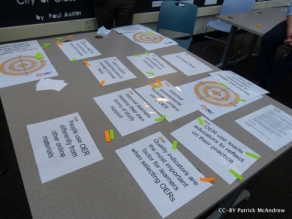 We (Martin Weller and I) did not have a formal session for talking about the OER Evidence Hub but ran an informal breakout on the theme of evidence. Using the Hypotheses as simple statements and the OERchery targets for flagging up whether people thought issues were important or not and provable or not led to good discussions. It also is helping to confirm our set of hypotheses as fairly robust.
We (Martin Weller and I) did not have a formal session for talking about the OER Evidence Hub but ran an informal breakout on the theme of evidence. Using the Hypotheses as simple statements and the OERchery targets for flagging up whether people thought issues were important or not and provable or not led to good discussions. It also is helping to confirm our set of hypotheses as fairly robust.


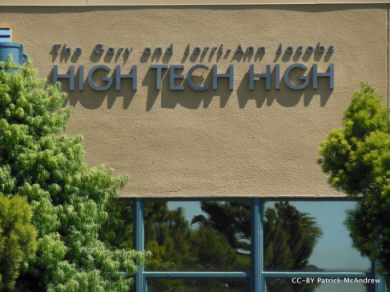
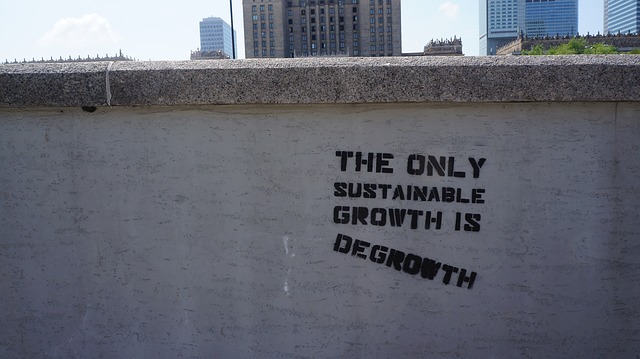
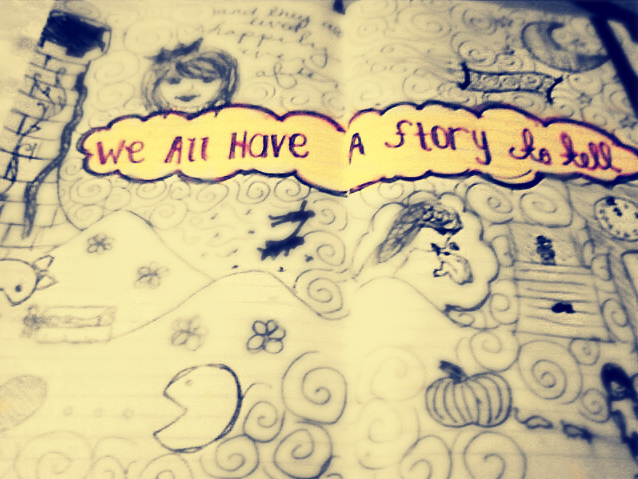

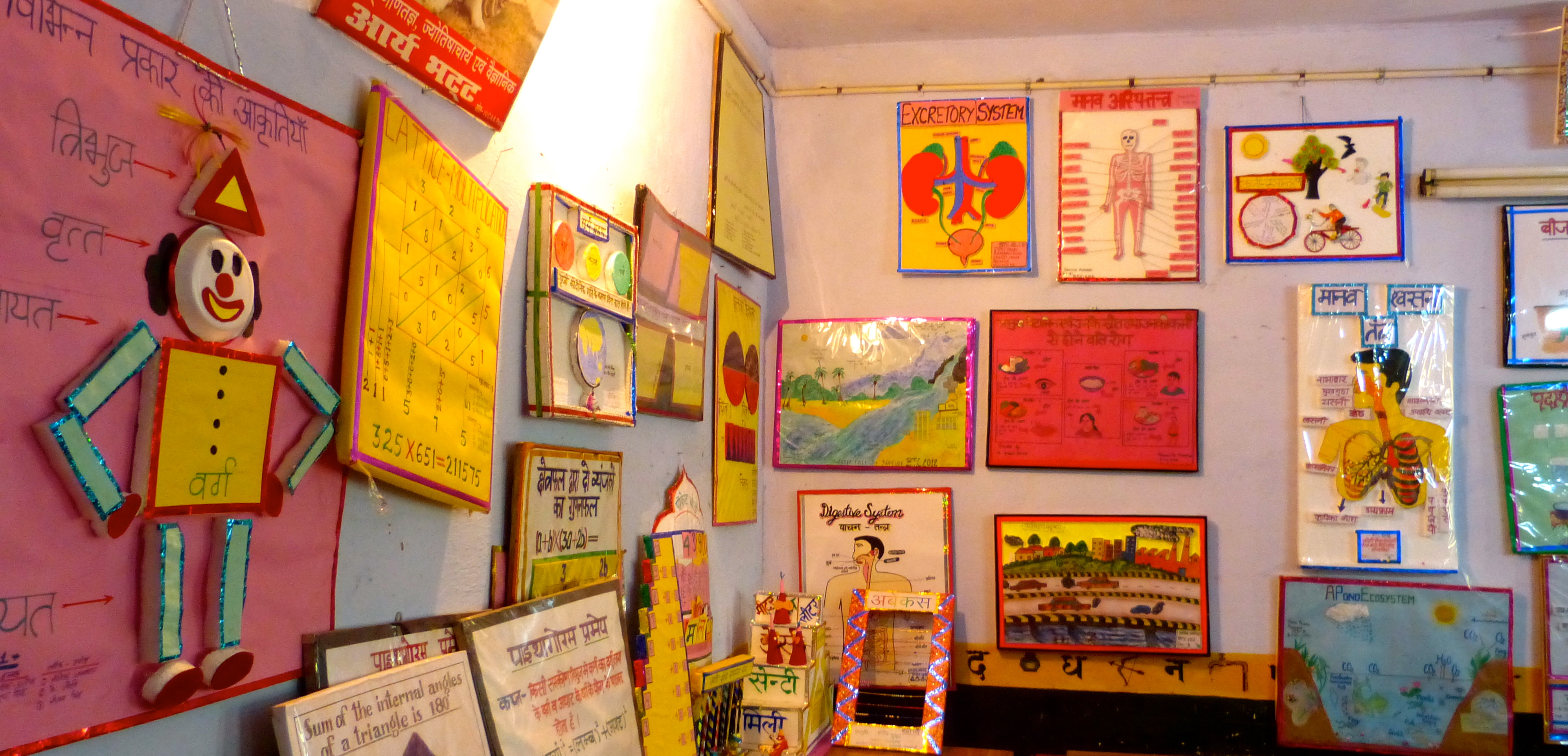
Leave A Comment